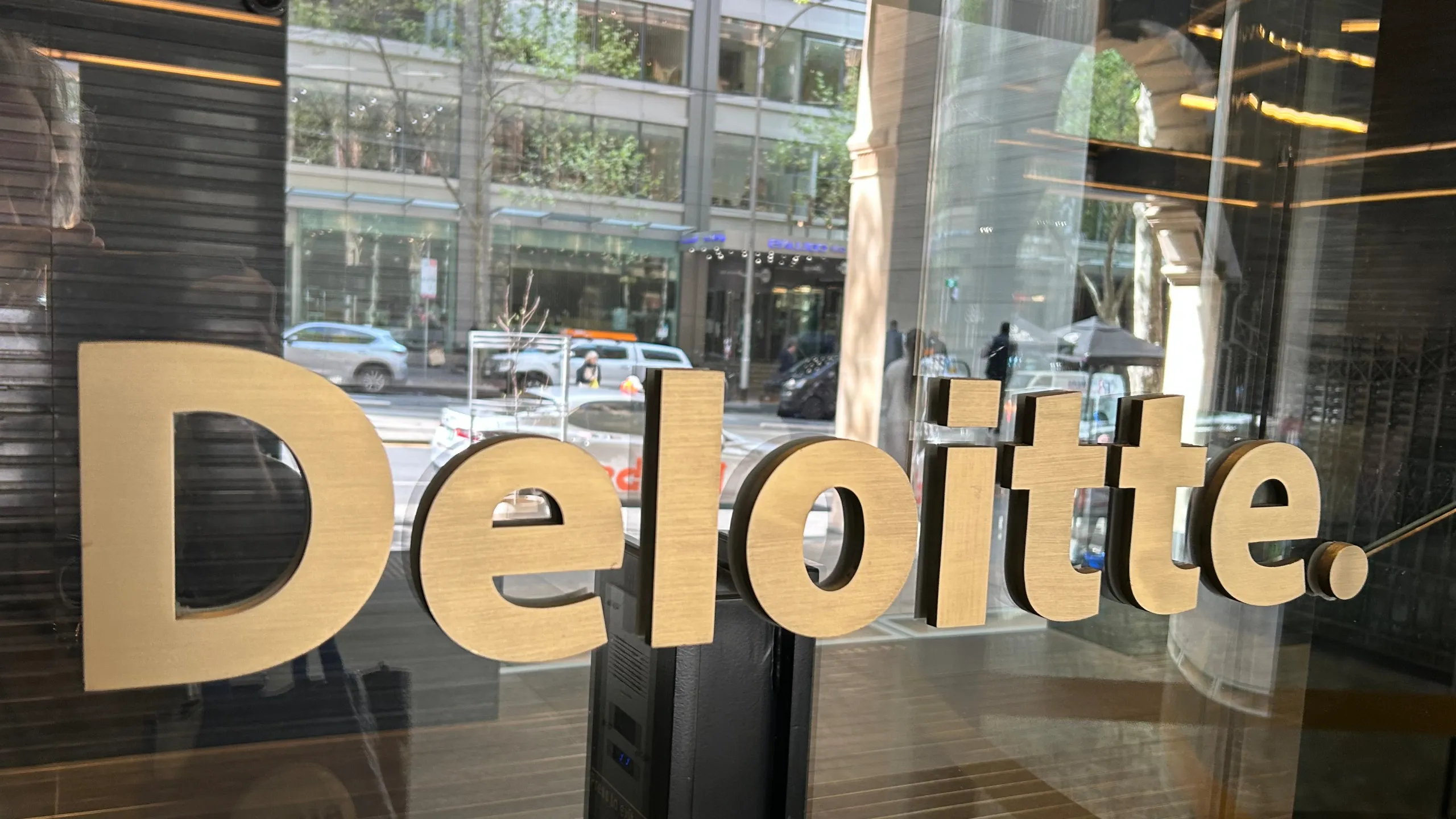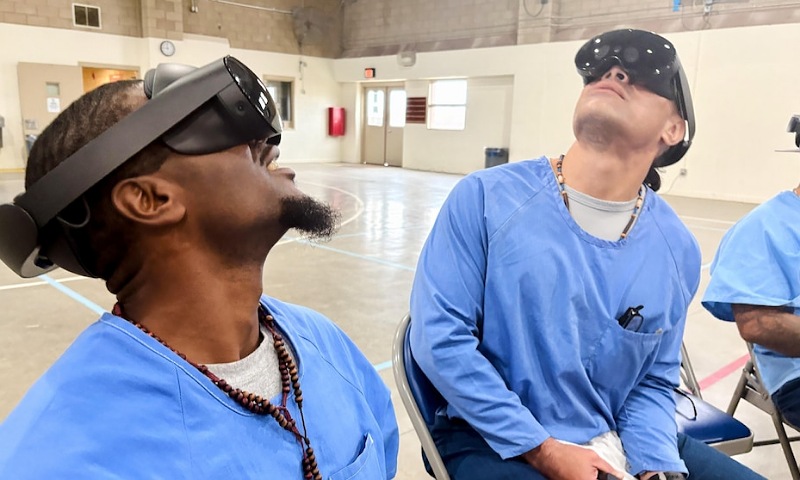Deloitte Australia has agreed to partially refund the AU$440,000 payment it received from the federal government after the release of a report riddled with errors. The Department of Employment and Workplace Relations (DEWR) commissioned the report, and following scrutiny, Deloitte reviewed the document and confirmed that several footnotes and references were incorrect.
The original report, spanning 237 pages, included fabricated quotes attributed to a federal court judgment, citations of nonexistent academic papers, and misattributed sources. After criticism from academic Chris Rudge, Deloitte released a corrected version, removing the invalid content and disclosing that they used generative AI (Azure OpenAI) during preparation.
What Went Wrong
The flaws drew attention when critics spotted errors such as a nonexistenting book by a university professor and fake court quotations. These mistakes raised red flags about the report’s credibility. Deloitte acknowledged those mistakes in the revision and agreed to refund the final instalment under its contract.
Despite the errors, both Deloitte and DEWR maintain that the main findings and recommendations of the report remain unchanged after correction. Deloitte states it resolved the matter directly with DEWR and has not blamed AI explicitly for causing the errors.
Role of AI and Methodology
In the updated version, Deloitte disclosed that it used a generative AI tool-chain in drafting parts of the report. The firm claims that humans supervised the review and final version. That said, experts warned that reliance on AI introduces risks of “hallucination” where the AI fabricates plausible but false information.
This episode shines a spotlight on the tension between speed and accuracy when professional services firms leverage AI tools. It also raises questions about oversight, quality control, and the ethical responsibilities of high-stakes consulting work.
Government Reaction and Concerns
Government officials confirmed that Deloitte will repay the final payment once the refund process is completed. They also emphasized that the corrections did not alter the substance of the review. However, some lawmakers expressed concern about the vetting and due diligence process. Some critics urged full transparency and stricter protocols for future contracts involving AI.
Senator Barbara Pocock criticized Deloitte’s conduct, calling it a misuse of AI and demanding accountability. Others cautioned that the firm’s reputation and public trust may suffer long-term.
Broader Implications
This case may become a turning point in how governments contract consulting services that incorporate AI. It highlights the need for clear rules around disclosure, human oversight, and validation of AI-augmented work.
For Deloitte and other consultancies using AI internally, this serves as a reminder that advanced tools must be paired with rigorous human checks. Otherwise, even firms known for expertise can face reputational and contractual risks.
Conclusion
Deloitte’s decision to partially refund the Australian government reflects the seriousness of errors found in its report. The mistakes ranged from fake citations to questionable sourcing, some of which were tied to AI usage. Although the firm insists the report’s substantive conclusions stand, this incident underscores how consulting firms must balance innovation with accountability. As AI becomes more entrenched in professional services, cases like this will likely set a precedent for verification and trust in high-stakes analyses.
Bonus Read: Instagram Design Choices Put Teens at Risk, Report Finds




3 thoughts on “Deloitte to Partially Refund Australian Government Over AI-Error Report”